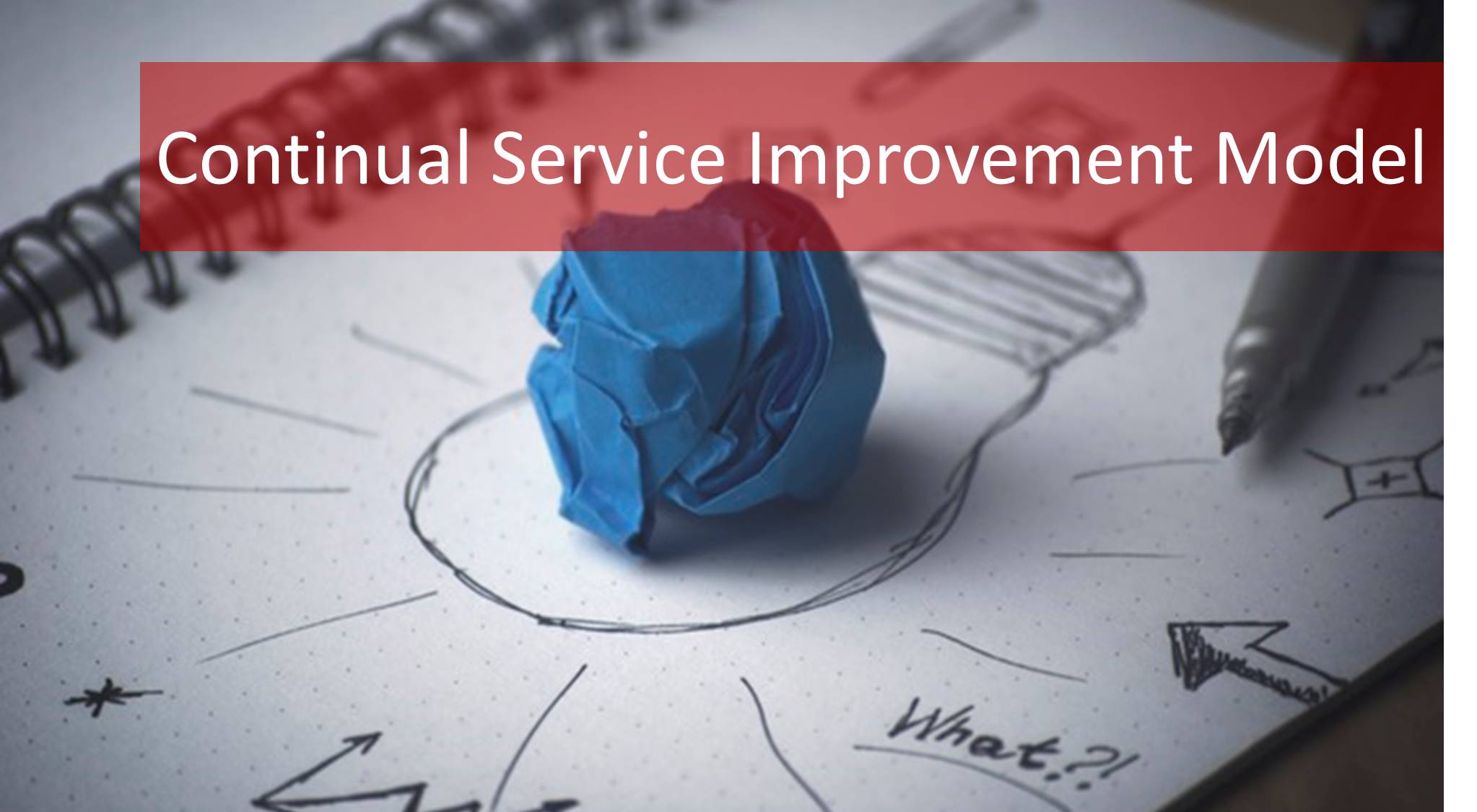IT service providers must comply with a huge amount of rules and legislation. According to ITIL Foundation certification training, these rules and legislation can come from the company’s specific instructions or from industry specific standards. For instance, logging every activity of a user can be a rule defined by the company. Or applying the ISO […]
Tag: ITIL Continual Service Improvement

How To Measure Baselines With ITIL CSI?
During the first four stages of the ITIL service lifecycle, as defined by online ITIL courses, services, and processes of an IT service provider are planned, designed, tested, implemented and deployed into a production environment for the use of the customers or the business. However, these services might not meet the agreed service levels in […]

IT Service Providers: Are You On Top of the ITIL Demand Management Process?
ITIL Service management and ITIL demand management go hand in hand. Proper IT service management as discussed in the ITIL course, can’t be performed if ITIL demand management is not taken into account. Insufficient ITIL demand management can affect the quality of the service, create a barrier for new customers to use your service or it […]

PDCA Cycle: The 4 Gears of Continual Service Improvement
Continual service improvement is an important stage of the ITIL Lifecycle for services as found in ITIL certification exam questions. This stage encompasses all the other stages: Service Strategy, Service Design, Service Transition and Service Operation. In all these stages, there will be something that can be improved upon. Therefore, continual service improvement looks at all […]

Continual Improvement Model: 6 Questions to Ask for Better IT Services
Let’s ask an important question from ITIL Foundation exam: What is Continual Service Improvement? Continual improvement is a primarily metrics-driven way to identify gaps for improvement and to measure the impact of such improvements. The ITIL course teaches us that ITIL CSI is a stage in the ITIL Lifecycle, but in fact, it covers the whole ITIL […]